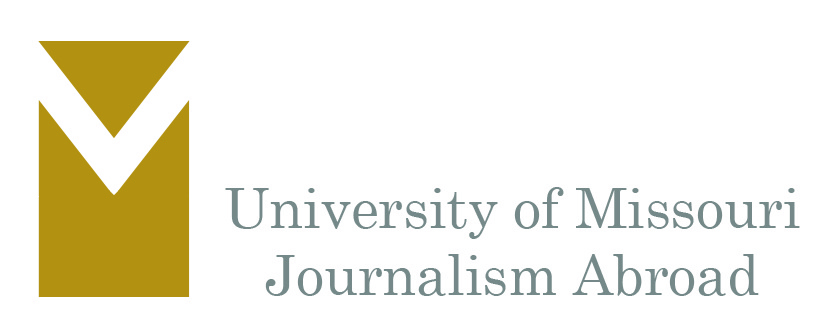
A lot of this stuff is common sense, of course, but that doesn't mean it won't hurt to read up. First off, you might think you know a lot about your destination country, but what if you don't? You won't know till you crack open that Wikipedia page and click on all those links. To be honest, Wikipedia writing style is either bad or boring, in my opinion, so it would be best to read travel articles, longform.org or byliner.com articles, and maybe even check out books. The most fun thing is to find magazine articles about your country. They are unlikely to give you a broad view of the place, but they'll let you into people's lives there. If you're really passionate, read books by your country's famous authors, if you haven't already. Being up to date on current events should go without saying, of course.

A crucial part of your pre-departure research is reading up on all the practical stuff. You know, the local transportation system, how safe it is, whether or not the banks will charge you half your savings for a cash withdrawal, local customs, that sort of thing. Don't worry, learning about this stuff won't take anything away from the novelty of being there. You'll just be able to get to more interesting things faster, and you won't seem quite as strange to the locals if you have an idea of what's going on.
Where do you find this info? Well, this is the J-school, after all, so you guys probably already know: Google! Yup, it's a magical thing, this Google. The New York Times travel section has suggestions on things to do in different cities and will give you an idea of the flavor of a city or a country. Wikipedia will give you (somewhat boring, I think) accounts of a place's history, while Wikitravel will give you a lot of practical information. Transitionsabroad.com has lots of info, and is best for people's accounts of their time abroad. But, in all honesty, the Internet is full of information. You've just gotta look. And look you must!
by Fedor Zarkhin


 RSS Feed
RSS Feed
